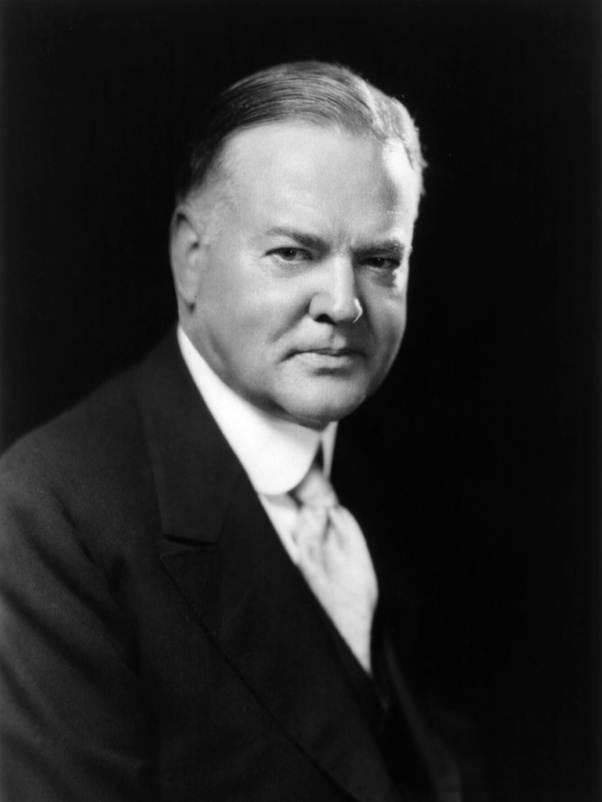Was Herbert Hoover responsible for the Great Depression?
Was Herbert Hoover responsible for the Great Depression? Herbert Hoover, who served as the 31st President of the United States from 1929 to 1933, is often associated with the onset of the Great Depression, but whether he was solely to blame is a complex issue. Hoover became president just months before the stock market crash of October 1929, which is widely regarded as the event that triggered the Great Depression.
While Hoover’s policies are often criticized for failing to alleviate the economic crisis, several factors beyond his control contributed to the Depression, including:
Global Economic Factors:
The Depression was a worldwide phenomenon, with international trade and the global economy already in a fragile state after World War I. The collapse of European economies and the reduction in international trade due to protectionist policies (like the Smoot-Hawley Tariff) worsened the global economic downturn.
Stock Market Speculation and Banking Weaknesses:
In the 1920s, there was rampant speculation in the stock market, and many banks were overleveraged, which led to widespread bank failures and loss of confidence in the financial system.
Agricultural Overproduction:
The farming sector was already in trouble before Hoover took office due to overproduction and falling prices, which hit rural America hard.
However, Hoover’s response to the crisis is where most of the blame lies. His policies are often criticized for being too conservative and insufficiently responsive to the depth of the economic collapse. For example:
Limited Federal Intervention:
Hoover believed in rugged individualism and resisted large-scale government intervention in the economy. He relied heavily on voluntary cooperation from businesses to keep wages stable and avoid layoffs, which proved ineffective as the crisis worsened.
Smoot-Hawley Tariff (1930):
This tariff, signed by Hoover, raised tariffs on thousands of imported goods, leading to retaliatory tariffs from other countries, which further reduced international trade and deepened the global depression.
Failure to Address Unemployment:
Hoover was slow to implement direct relief for the unemployed. His focus was on balancing the federal budget rather than stimulating the economy through government spending.
On the other hand, Hoover did take some steps to mitigate the Depression, such as:
Reconstruction Finance Corporation (RFC): Hoover established the RFC in 1932 to provide loans to banks, railroads, and other businesses, but it was too little, too late to stop the economic decline.
Public Works Programs: He initiated some public works projects, like the construction of the Hoover Dam, but these were not sufficient to provide significant economic relief.
In summary, Hoover was not solely to blame for the Great Depression, as many factors were beyond his control. However, his policies and approach to governance are widely seen as inadequate responses to the scale of the economic crisis, contributing to his reputation as a president who failed to effectively address the Depression.


